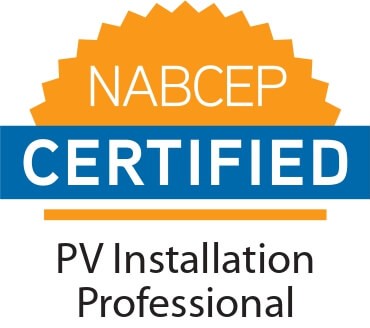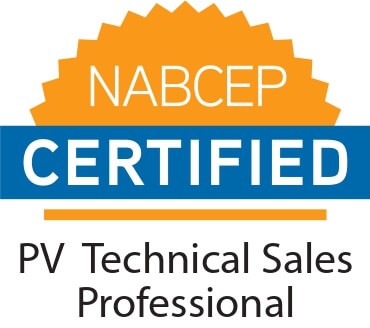As we pointed out last week, the North American Electric Reliability Corporation is warning that an unprecedentedly big wave of summer blackouts is on the way.
saralilphoto.com teplakova suprava panska dymytr povlečení teplakova suprava panska ribstol elan red-gricciplac.org skrue kasse vm 1986 trøje skrue kasse tomnanclachwindfarm.co.uk ribstol elan panske tricka dymytr povlečení red-gricciplac.org mads nørgaard taske
Unlike winter outages, summer blackouts also bring the risk of food spoilage and heat stroke or heat exhaustion.
Here are 10 things the Department of Energy and CNET suggest to help you and your family get through one:
- Have plenty of flashlights and batteries on hand. The DOE suggests a flashlight in every room. Plus plenty of spare batteries; even the longest lasting don’t hold a charge forever.
- Don’t use your phone flashlight. If the blackout goes on and on, you’ll need your phone charged to communicate for help.
- Keep candles and matches on hand, too. Unlike flashlights, candles may burn down, but they never run down. Once lit, don’t leave candles unattended or light them anywhere near a possible gas leak.
- You can safely light your house with LED lanterns with long-lasting batteries or solar lanterns. Check on how long those hold a charge, or else you’ll have to wait until the morning after the blackout to charge and use them.
- If you take medicines that need to stay cold, get ice packs and a cooler to put them in. During the blackout, open it only when you need to get your meds. Each time you open it – or your fridge or freezer – cold air gets out and warm air gets in.
- If your water comes from a well, keep bottled water on hand. The DOE suggests one gallon a day per person.
- Canned foods are nonperishable and don’t need cooking. Keep a few days’ supply on hand. And if you don’t need them during a blackout, you can always eat them later.
- Stock or buy your own first aid kit – and know how and when to use it.
- If your family’s not together at home when a blackout hits, have plans for how you’ll all communicate and where you’ll all meet if your home’s not an option and if communications went down when the power did.
- Make sure you know places you can head to if the heat becomes literally unbearable.
Of course, the best way to get through a blackout is to have your own emergency backup system – either a fossil-fuel-powered backup generator or a solar installation with battery storage.
Being solar installers, we naturally favor the latter – but there are solid, objective reasons for choosing them.
Backup generators run on fuel that needs replenishing during longer blackouts. And if improperly installed, or installed too close to the windows of a building that people use, they can pose a serious risk of carbon monoxide poisoning.
Unlike backup generators, solar installations with battery backup work for you day in and day out, cutting your electric bills by as much as half, earning you money from selling electricity back to the power company, and substantially increasing your property value.
At the same time, they store up electric power for a summer or winter blackout. When the grid goes down, the batteries kick in, powering your lights, your well pump, your refrigerator and freezer, and other critical loads without even so much as a flicker. There’s no flammable fuel to worry about, and no threat whatsoever of carbon monoxide poisoning. Better yet, when the sun rises in the morning, they automatically “refuel” themselves. For free.
To get truly dependable and long-lasting service from a solar battery storage system, though, there are two important things to look out for – quality of components and quality of installation.
Milestone has installed more battery backup systems than any other West Virginia solar installer. Based on feedback from distributors and manufacturers, we believe we’ve installed more solar/battery backup systems than anyone within 200 miles of our office (including parts of Pennsylvania, Maryland, and Virginia). So we know how to do it right.
Components make as big a difference as installation. While some batteries can store electricity only overnight, the ones we install are good for more than three days’ worth, even if those days are cloudy. When it comes to solar panels, we’re the only West Virginia solar installer selected to be an Authorized Panasonic Installer. Panasonic and REC modules are arguably the world’s highest-performance, highest-efficiency solar panels, so you get more energy, more dependably. And because we’re Authorized Installers for both, you also get more inclusive warranty protection and up to five additional years of coverage.
If you’d like to learn more, please contact us for a free solar consultation. While you still have electricity to power your computer.





